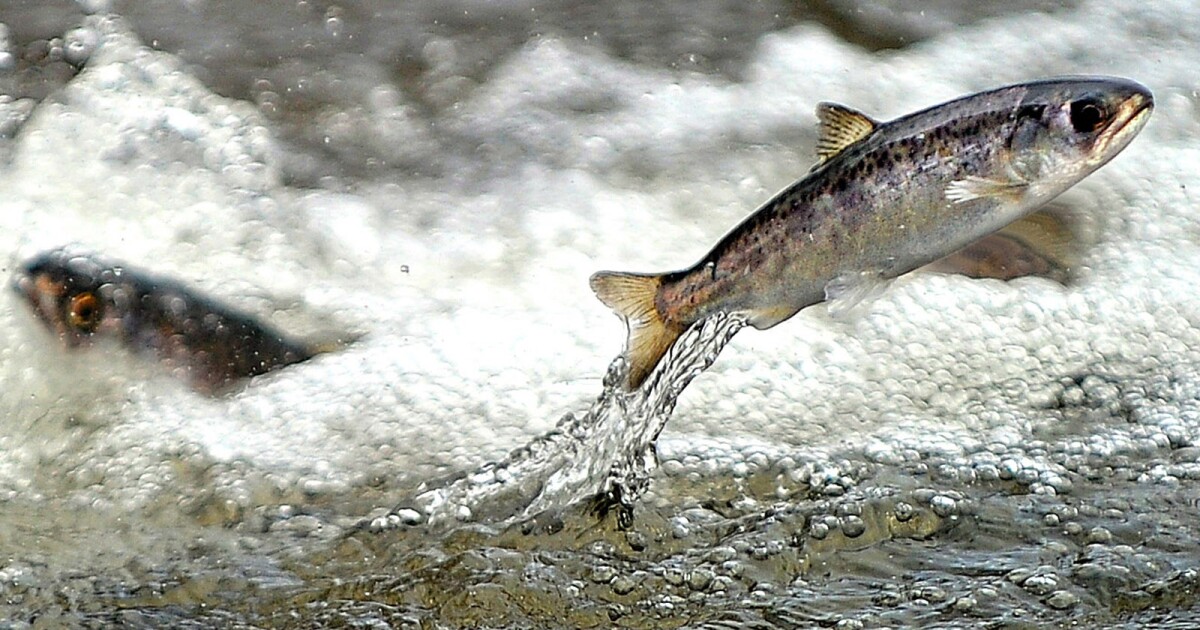About 21,000 fish, including sturgeon and endangered chinook salmon, died of chlorine exposure in a “catastrophic failure” at a UC Davis research facility, university officials said Thursday.
The loss was discovered Tuesday morning in an outdoor facility with multiple large tanks at the UC Davis Center for Aquatic Biology and Aquaculture, said Andy Fell, a university spokesperson. The facility is overseen by a professional staff, and the fish had been bred on-site.
Rescue attempts were undertaken, but only a “handful” of fish survived, Fell said.
“It’s a devastating loss for the site,” he said.
University officials are investigating the cause of the failure and reviewing processes at other UC Davis aquatic research facilities where there is the potential for chlorine exposure. UC Davis will also provide support for those who worked with the fish, Fell said.
“We share the grief of the faculty, staff and students who worked to care for, study and conserve these animals,” the university said in a statement. “We recognize that this loss is particularly devastating to our community. We commit to understanding what happened and making changes to the facility so that we can ensure that this does not happen again.”
The Center for Aquatic Biology and Aquaculture was studying bioenergetics — how cells transform energy — and environmental stressors on fish species including green and white sturgeon and endangered chinook salmon, both of which face challenges in the wild in California.
Koi and tilapia were also lost in the incident, Fell said.
Green sturgeon exist in two genetically distinct populations in the state; the southern population, found in the Sacramento and San Joaquin rivers, are federally listed as threatened. The northern population, which spawns in the Klamath River and Oregon’s Rogue River, is categorized as a state species of special concern, as are white sturgeon.
Sacramento River winter-run chinook salmon are listed as endangered, and climate change is pushing the species to the brink of extinction amid drought and warming waters, experts say.
“We know that many researchers, regulatory agencies, Native American tribes and other partners trust us to care for their aquatic species,” UC Davis said. “We will work hard to earn that trust by conducting a thorough review of our facilities, holding ourselves accountable for what happened, and taking steps to prevent it from happening ever again.”

















Discussion about this post